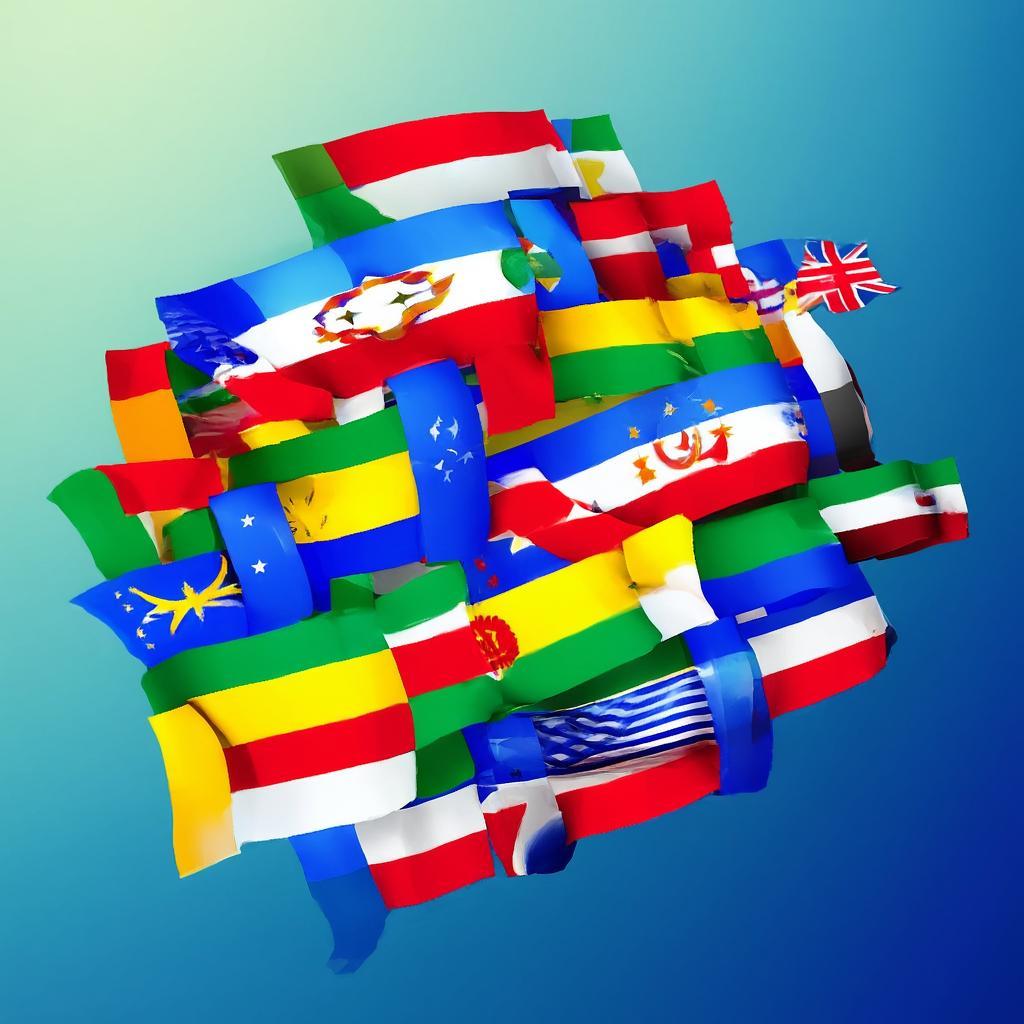China Hosts Robot Games Highlighting Intelligent Manufacturing Advances

China's World Humanoid Robot Games serve as a prominent showcase of the nation's remarkable strides in intelligent manufacturing and its commitment to fostering global collaboration. This event epitomizes the rapid evolution of China’s industrial capabilities, presenting a platform where innovation-driven development can shine.
Following the groundbreaking organization of the world's first humanoid robot half-marathon in April and a kickboxing match in May, the country is now set to host the inaugural World Humanoid Robot Games. This series of significant events further cements China's global position as a leader in the field of humanoid robotics and its ongoing pursuit of technological advancement.
Experts in the industry have pinpointed 2025 as a critical year for enhancements in robotic movement capabilities. The Games will feature a diverse array of competitions, including football, gymnastics, and dance, which will collectively highlight the technological advancements attained in robots' dexterity, situational adaptability, and human interaction.
The implications of events such as the World Humanoid Robot Games extend far beyond mere competition; they have profound consequences for both the robotics industry and the larger economy. There exists a symbiotic link between improved robot functions and advanced intelligent manufacturing systems, as complex movements and increased performance standards push for elevated technical adequacy in production lines.
As the capabilities of robots in movement and interaction evolve, they provide enhanced support across various production ecosystems, contributing to the overall enhancement of intelligent manufacturing and expediting the transformation of industry supply chains.
China's robotics sector is witnessing swift expansion and is ripe with opportunities. Recent statistics from the People’s Daily, referencing data from the China Machinery Industry Federation, indicate that industrial robot output surged by 35.6 percent year-on-year in the first half of this year. Projections suggest that the scale of China's intelligent manufacturing equipment sector may exceed 5 trillion yuan, approximately 697 billion dollars, by the end of the year.
Further underscoring this growth, China's robotics industry has achieved a robust and comprehensive value chain, showcasing significant advancements in critical components and systems. This trajectory signifies that China is steadily moving towards higher echelons of intelligent manufacturing, with deeper integrations of automation and artificial intelligence into production processes, ultimately driving innovation and enhancing efficiency.
The global interest in China's technological advancements is amplified by the international participation and media coverage of the World Humanoid Robot Games. Such events not only highlight the capabilities of Chinese robotics but also open avenues for international collaborative efforts in technological knowledge and resource sharing.
The expansion of the industrial robot market is indicative of rising competition among nations. However, China emphasizes a paradigm of inclusivity and cooperative technological benefits, striving to foster collaboration instead of engaging in a zero-sum game.
China remains steadfast in its commitment to inclusive global cooperation and shared development in cutting-edge fields, including robotics. As articulated by Foreign Ministry spokesperson Mao Ning, China is eager to partner with various nations to propel scientific and technological advancements through collaborative efforts.
The World Humanoid Robot Games in Beijing represent more than a mere showcase of technological prowess; it symbolizes China’s strategic vision in the realm of intelligent manufacturing. Through such initiatives, China not only advances its industrial capabilities but also advocates for global technological cooperation.
To optimize the potential benefits of robotics and intelligent manufacturing, there is a pressing need for countries to prioritize inclusive international cooperation that addresses the needs of the global community. Establishing collaborative frameworks will enable the sharing of vital research, best practices, and standards, ensuring that technological breakthroughs are accessible and yield collective advantages.
Read These Next

Trump will not impose new tariffs on China for Russian oil purchases
Trump said no new tariffs on China for Russian oil purchases after meeting Putin, signaling ongoing trade adjustments.

China's Economy Sees Stable Growth in July with High-Tech Boost
China's July economy thrived on high-tech and services growth, driven by effective policies and rising retail sales, showing strong prospects.

China Men's Basketball Team Beats New Zealand to Reach Asia Cup Final
China's men's basketball team defeated New Zealand 98:84 in the 2025 FIBA semi-finals, returning to the finals after 10 years.
